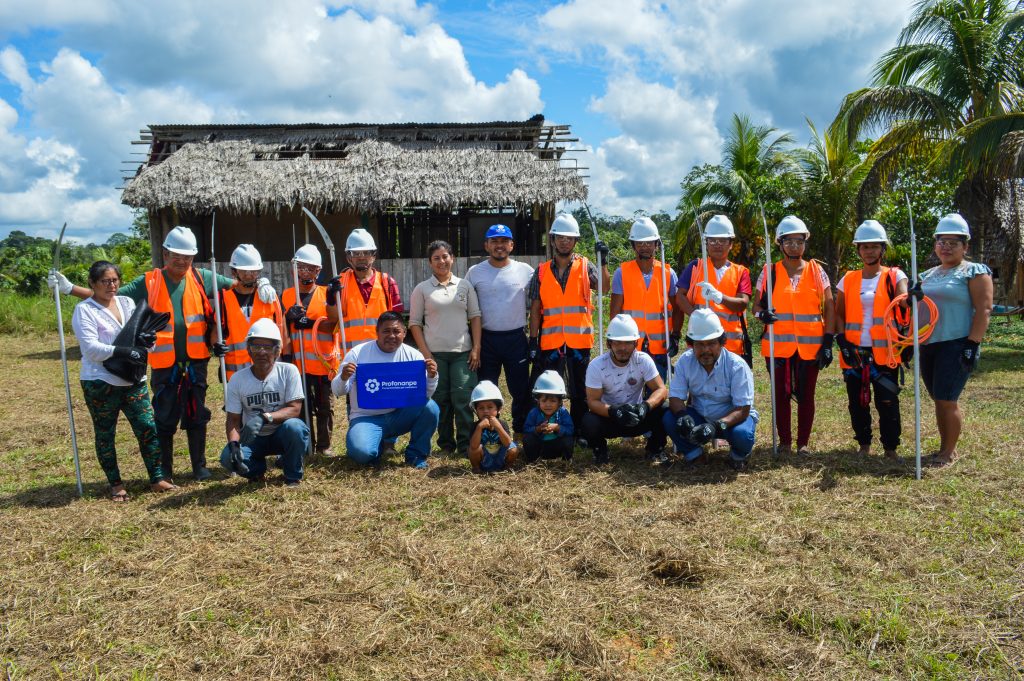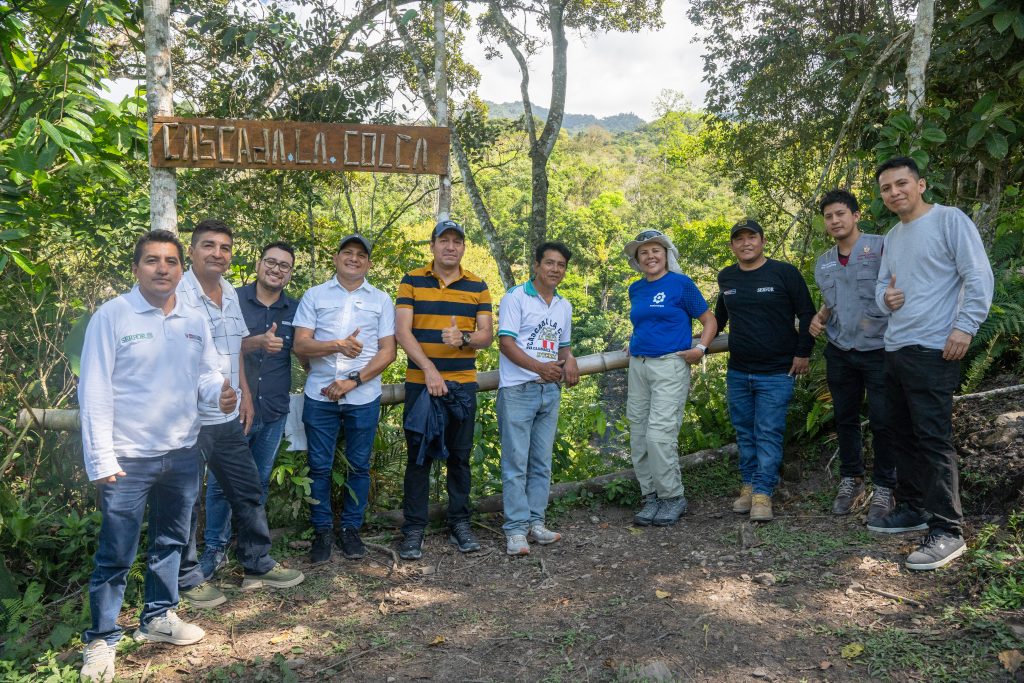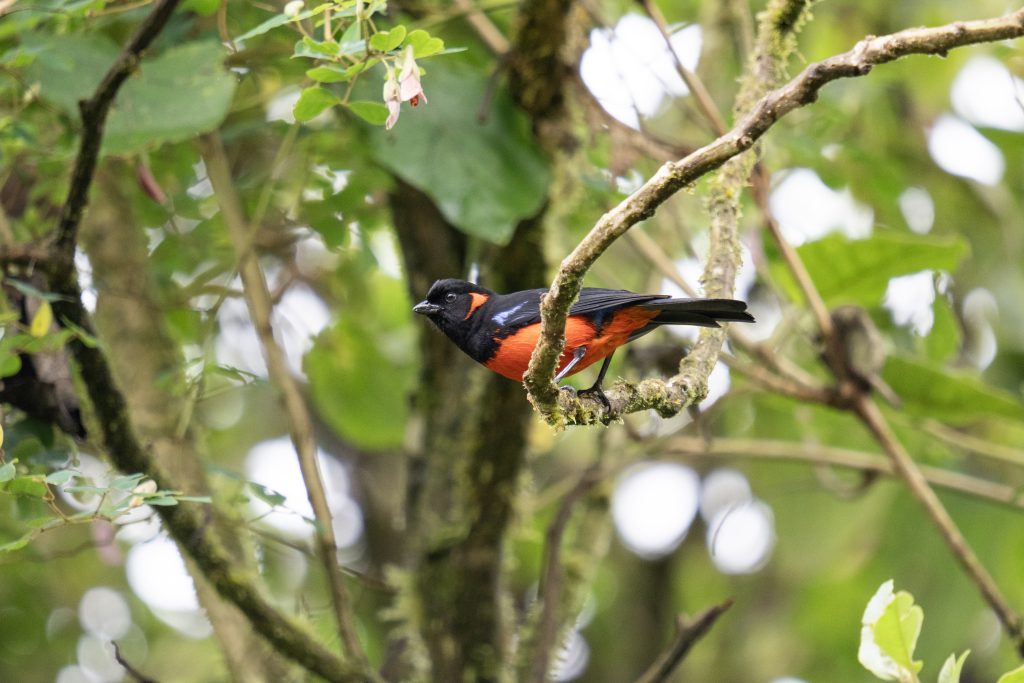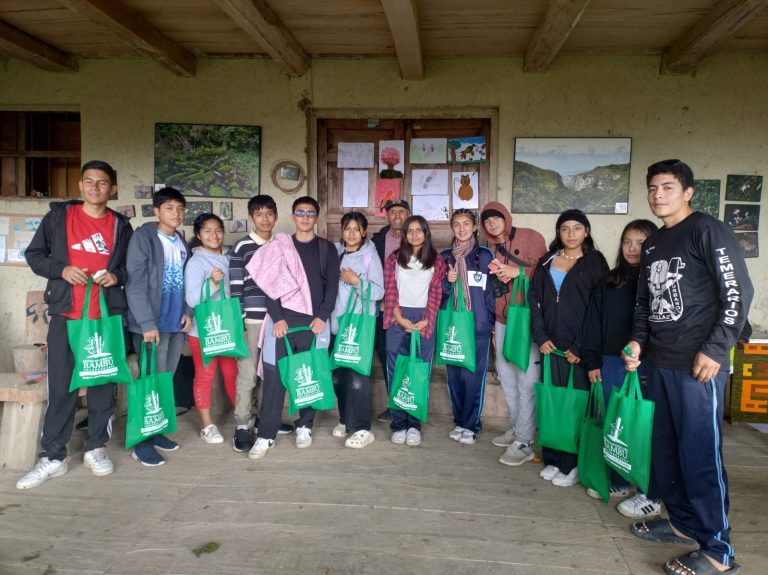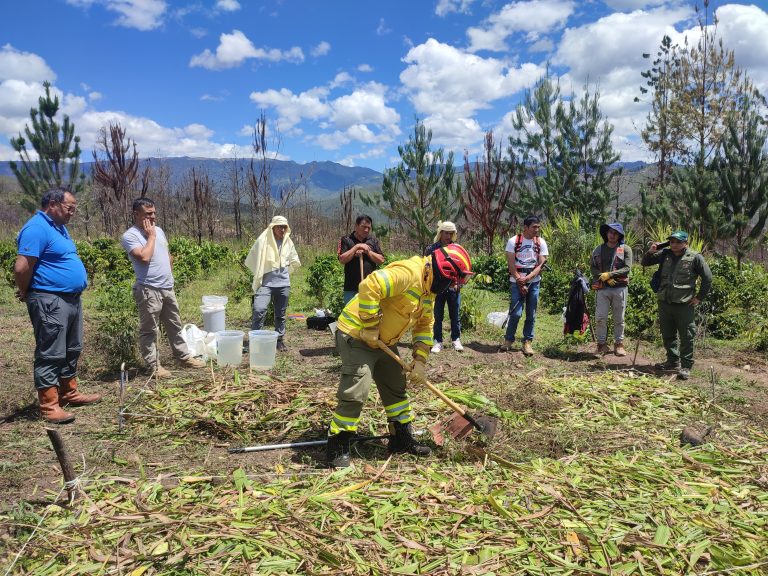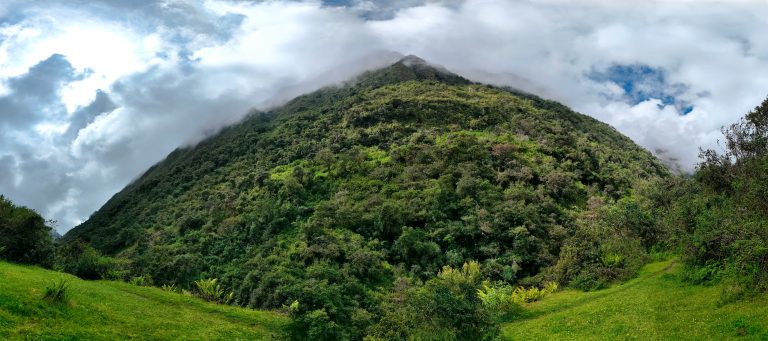Some 35 aguaje producers from five native communities of the Blanco River, in the province of Requena, Loreto, received scaling kits for aguajales, whose purpose is to reduce the felling of Amazonian palm trees. The delivery of these teams was in charge of SERNANP, USAID Pro-Bosques and Profonanpe, Peru’s private environmental fund, who worked jointly in this space in the province of Requena to promote the sustainable use of natural resources.
The delivery ceremony was held in the beneficiary communities: Nueva Esperanza, Frontera, España, Lobo Santarosino and Nuevo Capanahua. The Apu or communal chiefs participated in them, as well as the community members dedicated to the aguaje harvest.
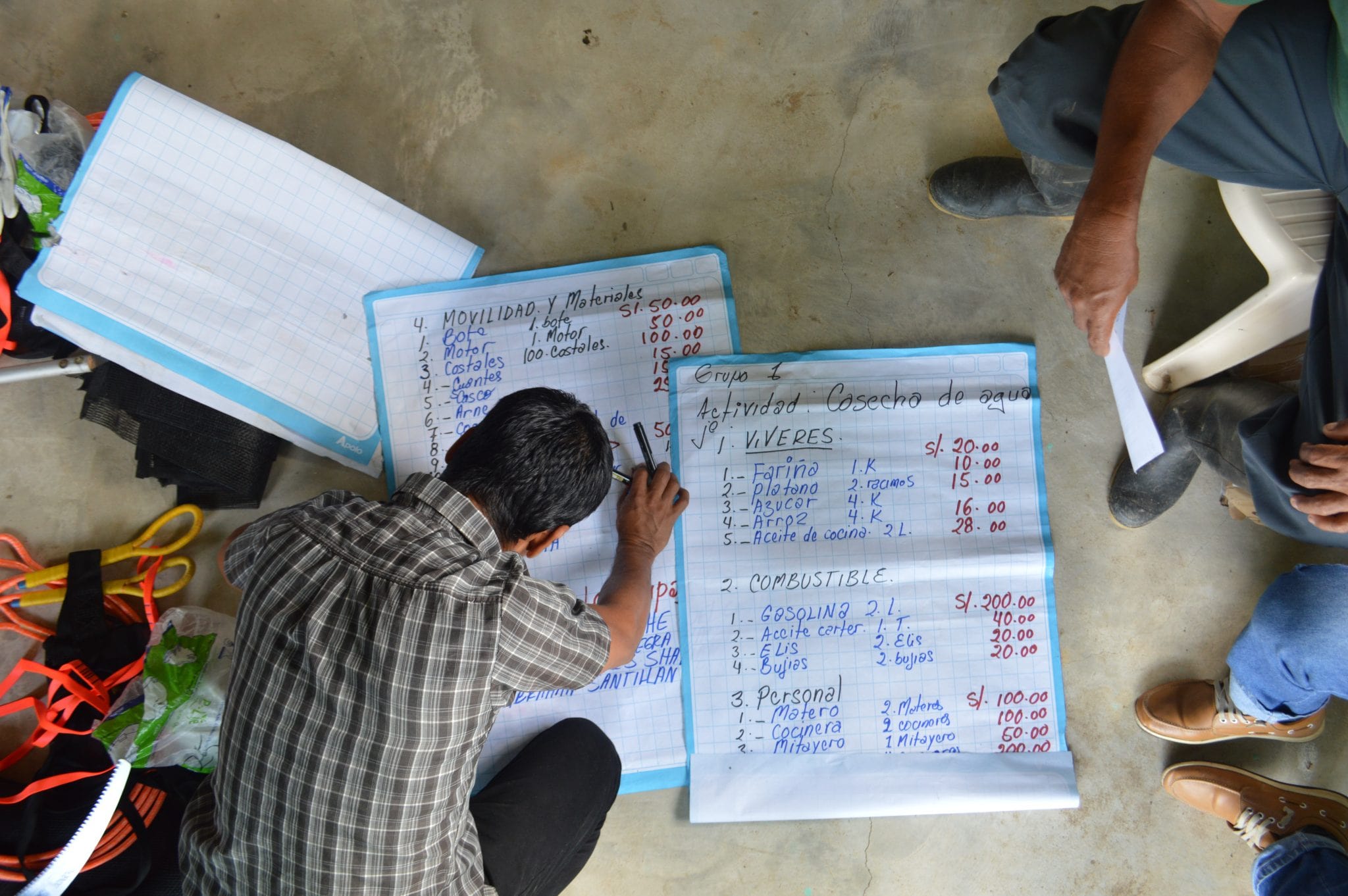
All of them received training on the use of tools for proper scaling and without risks. Likewise, they were provided with business management knowledge of this emblematic Amazonian fruit linked to how to estimate sales prices for its commercialization in the market, recover the investment and generate profits taking into account all the costs involved in the production of aguaje.
According to Luis Olivero Peña, Apu of the Lobo Santarosino community, this will motivate the people of his locality to make better use of the aguaje not only for consumption, but also for its commercialization. “These tools are going to help us take better care of the resource and generate more income for our community,” he says.
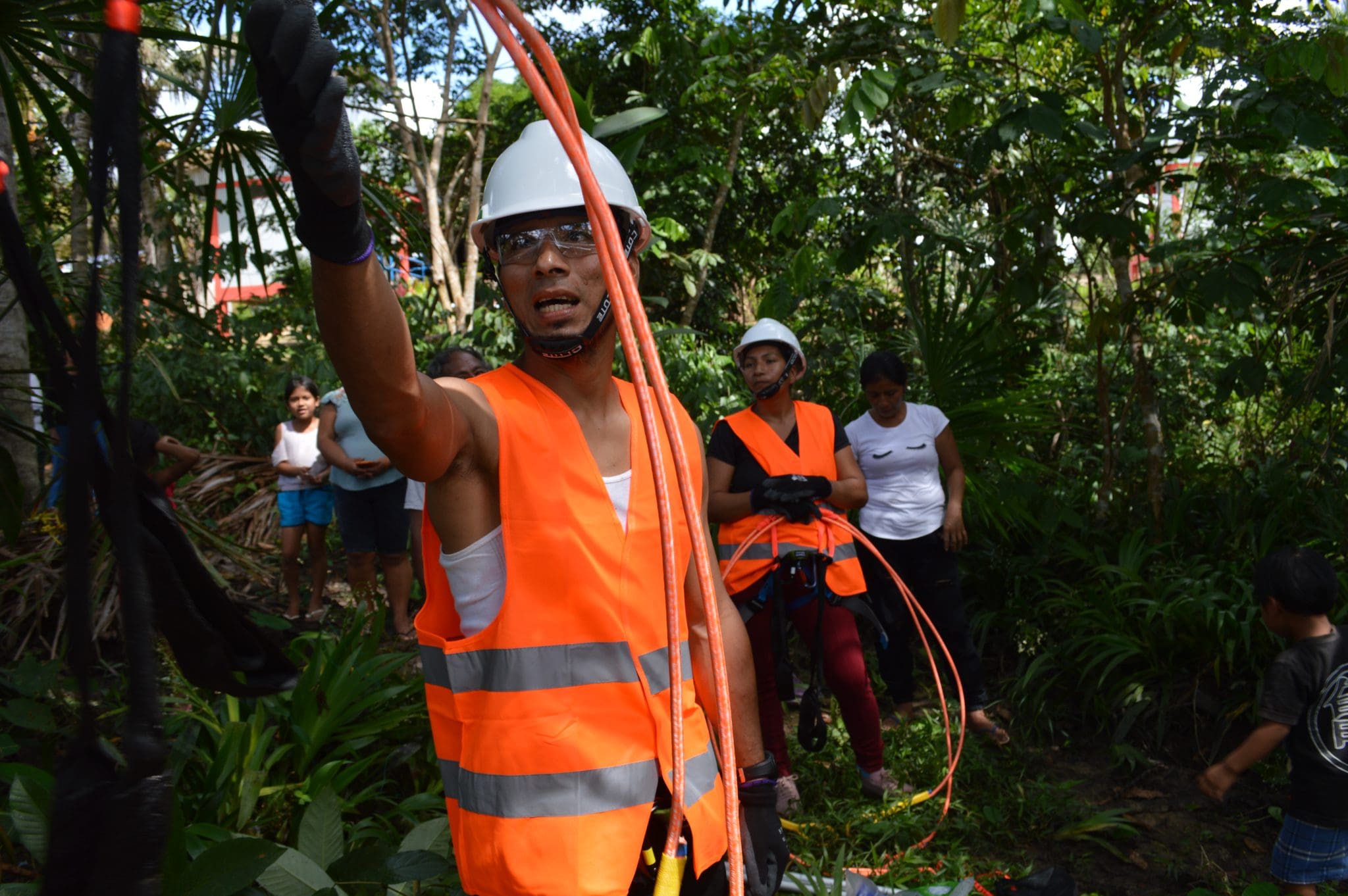
During the talks, the community members made projections to market between 50 and 100 sacks of aguaje daily, considering that they can mainly reach markets such as the cities of Requena and Iquitos, the largest consumers of this fruit.
It should be noted that, since 2019, USAID Pro-Bosques has been providing technical assistance to indigenous communities to achieve sustainability in the use of their resources. This is also possible by providing them with the tools that help achieve that purpose.


